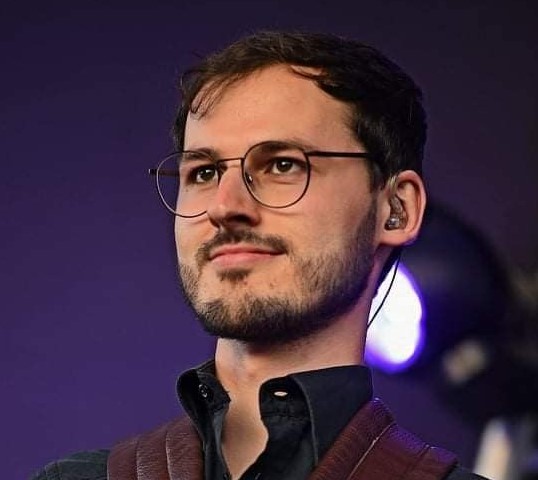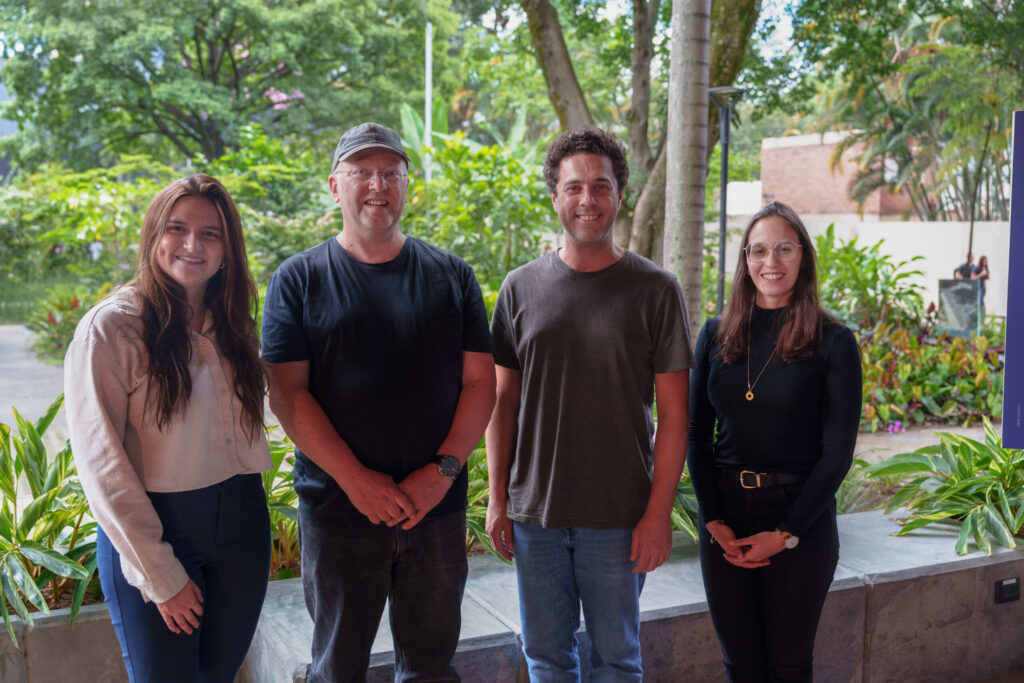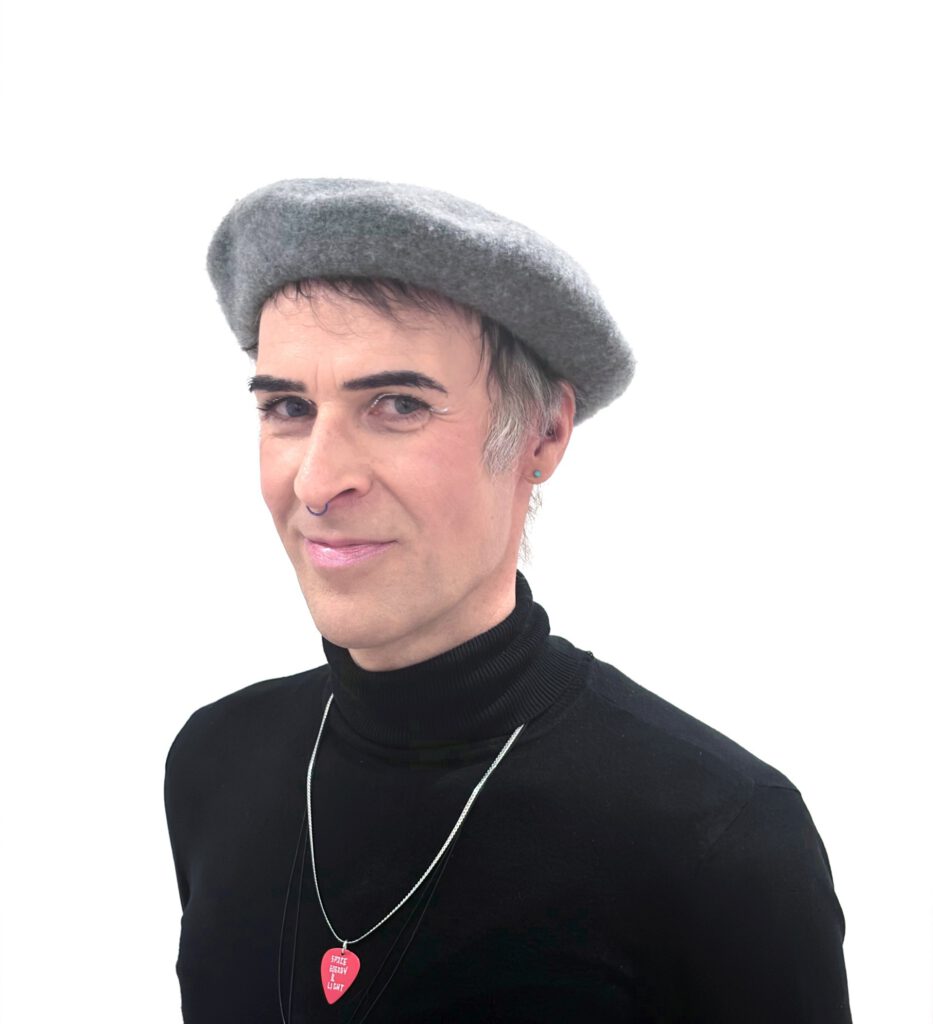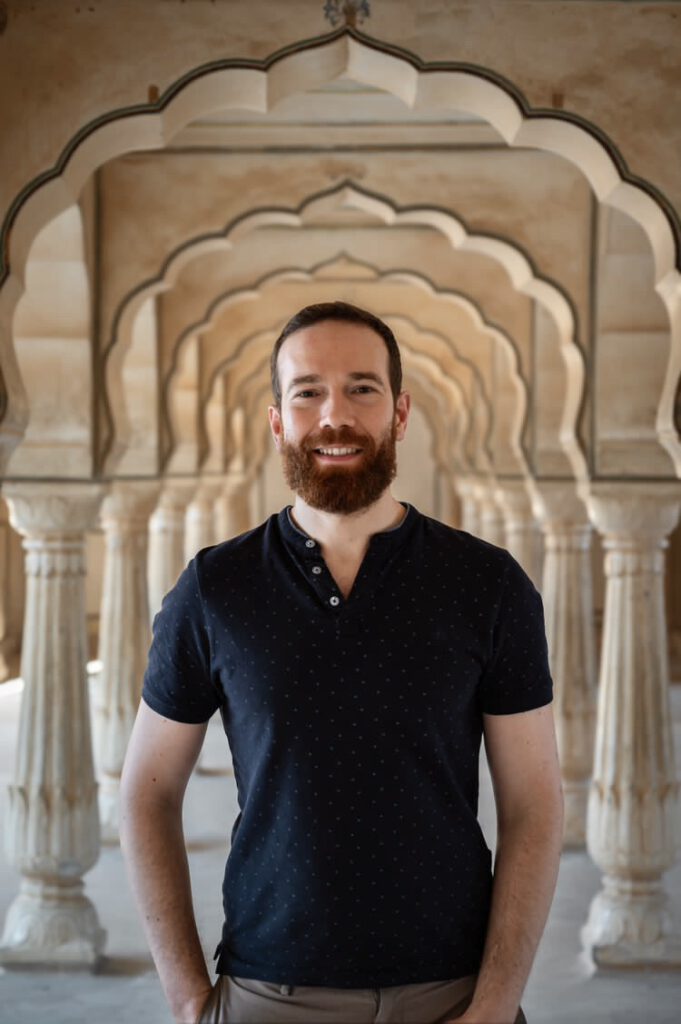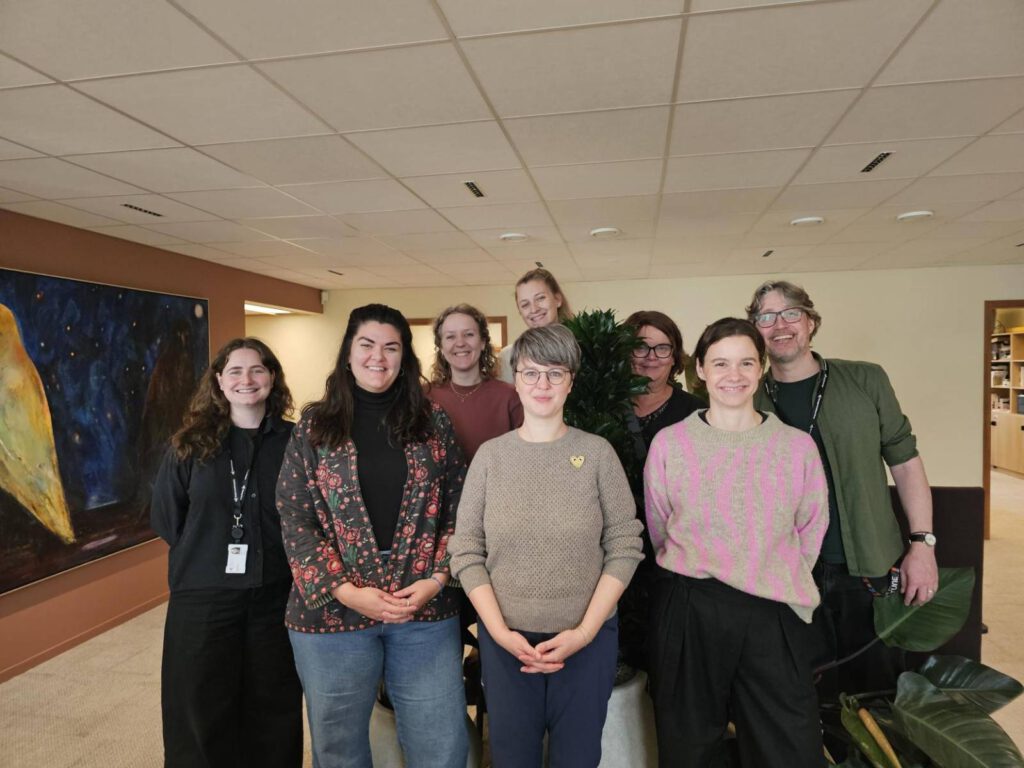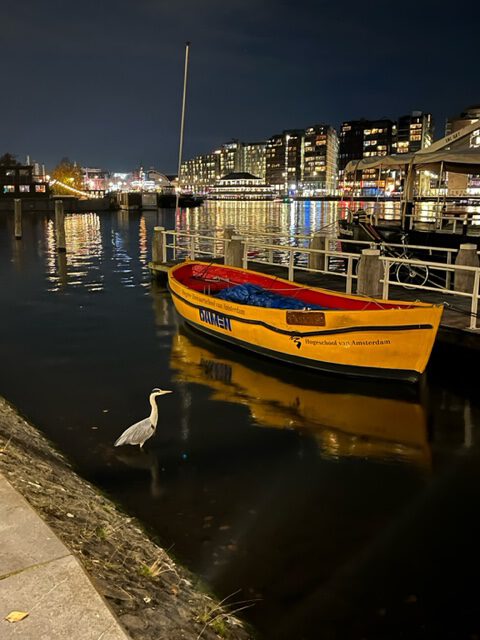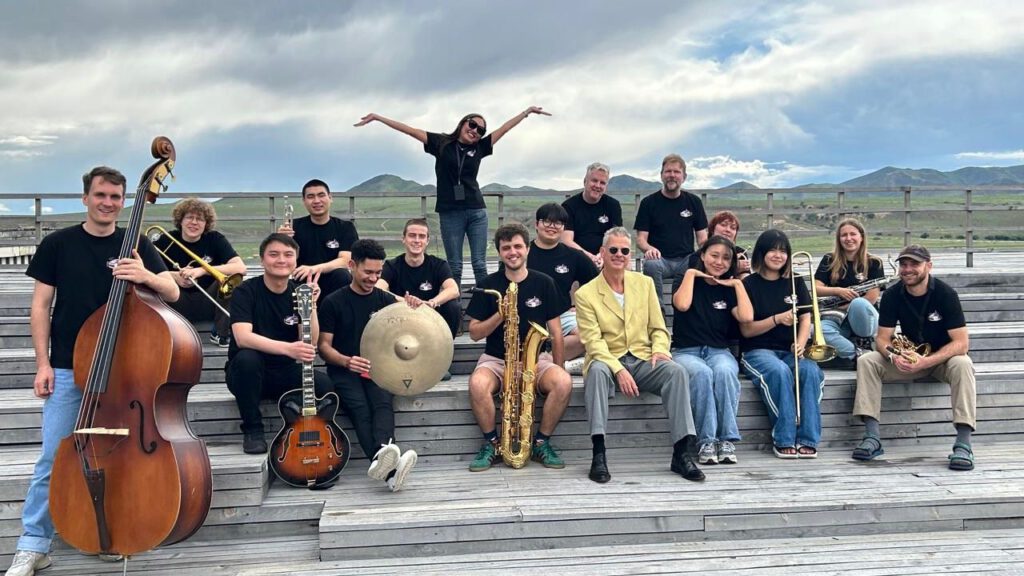Finding motivation and inspiration in Amsterdam
A rewarding semester in the Pop Department
Paul Hartinger spent a semester abroad at the Conservatorium van Amsterdam during the 2021/22 winter semester. He is in the mdw’s MA programme in Music Education for Voice and Instruments, bass – Popular Music. He was the first mdw Erasmus student to study in the Pop Department of the Conservatorium van Amsterdam (part of the Amsterdam University of the Arts). In the International Blog, he talks about his experiences and why he performed songs in Styrian dialect in Holland.
Why did you decide to spend a semester abroad in Amsterdam?
I had already spent ten months in the Netherlands with the Erasmus programme during my BA studies, studying in the Jazz & Pop Department of the ArtEZ University of the Arts in Arnhem. I met a songwriter there who I kept in touch with even after returning to Vienna. After he transferred to the Conservatorium van Amsterdam and wanted to continue working with me, he suggested that I do a semester abroad there as well. I actually wanted to study somewhere outside of Europe for my master’s degree programme and had already applied to Melbourne. But because of the pandemic and the associated restrictions, international students were no longer allowed to enter Australia. So I applied to European host universities, and since I had had a positive experience in Holland, I applied to Amsterdam as well. The clear focus on pop music at the department there interested me very much. This is different from popular music, which encompasses a broader spectrum. In June 2021, when I was no longer planning on it, I got the acceptance notification from Amsterdam and accepted the offer without thinking it over too much.
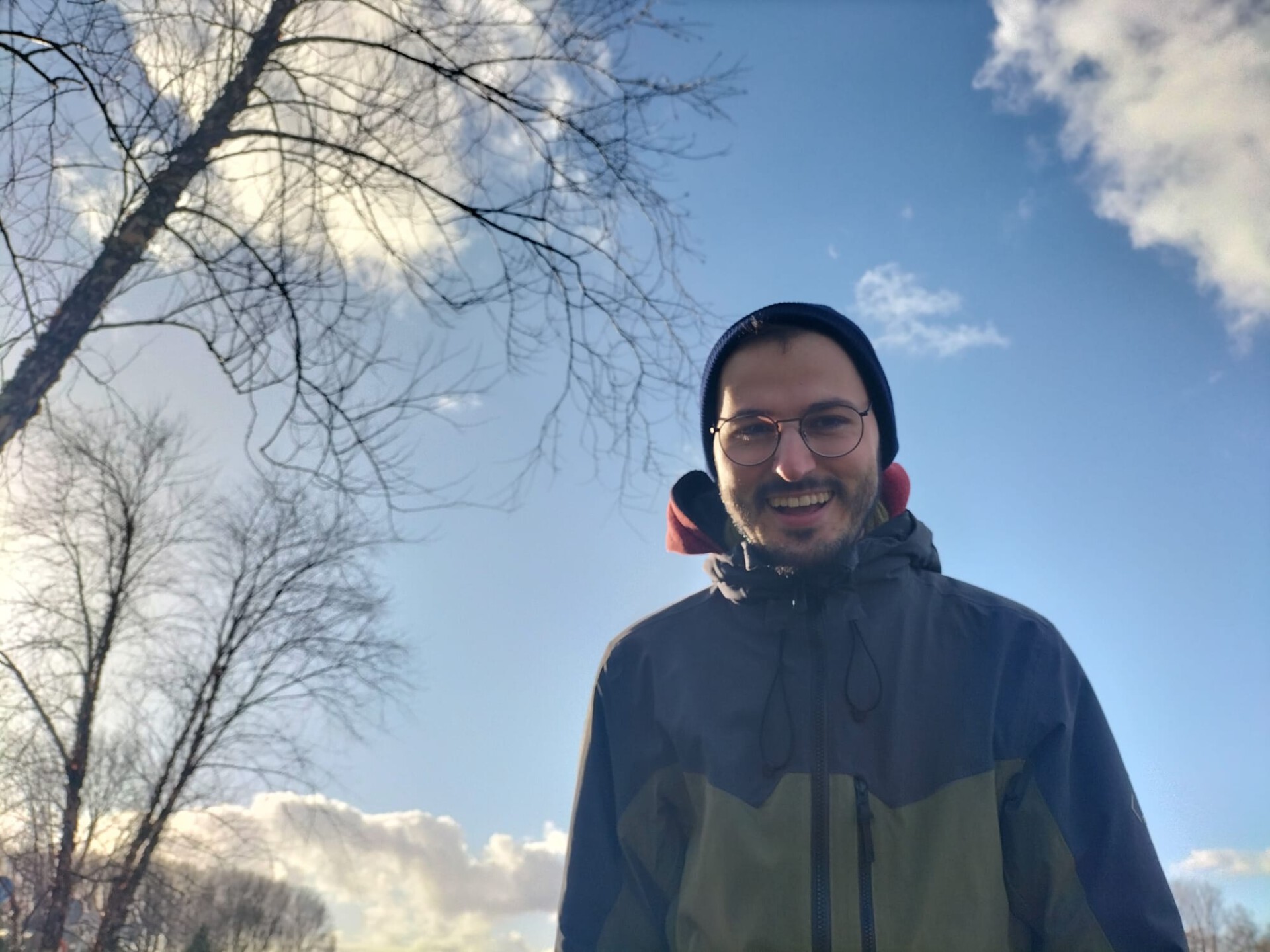
How did you experience day-to-day student life there?
Daily life for students in the Netherlands was not as greatly impacted by the pandemic as it was in Austria. Due to renovations, the Pop Department was temporarily located not on the main campus but rather in a building that housed only the Pop Department and the AEMA (Amsterdam Electronic Music Academy). The atmosphere there was informal, and because it was a smaller space, I had a lot of contact with the other musicians who were rehearsing and working there. Most of the students in the department were Dutch, who naturally spoke Dutch with each other, but when I was present, they switched to English. I found the course offerings in the department very interesting, on the one hand because of the classes related to music technology and on the other because of the department’s artistic orientation. Even at their entrance exam, regular students have to perform their own songs and pursue their own projects during their studies. In the music-technology classes, for example, students learn how to produce professional demos. Overall, the performance character is an important focus of the department.
See Paul´s video diary:
What differences did you notice between the mdw and the Conservatorium van Amsterdam?
Unlike at the mdw, where you register for classes yourself, in Amsterdam a class schedule is issued at the beginning of the semester for everyone. At the beginning, I was a bit unsure what courses I was able to take, and only through a great deal of self-initiative was I able to restructure my class schedule. But the somewhat chaotic situation at the beginning also ended up producing something new for me. For example, the department head offered me the opportunity to have lessons in my main subject area from more than one teacher, and – again at my own initiative – my class schedule was organised accordingly. With the teachers in one’s major subject area, it is fundamentally different than at the mdw: in the Pop Department, students can also choose teachers who do not teach their main instrument or are from a different department. I found that to be very interesting. Students also have very direct contact with the teachers, which at the beginning was very helpful in getting oriented.
What impressions did you have of Amsterdam?
I ride my bike a lot in Vienna as well, but in Amsterdam I went almost everywhere by bike. It was fun, although it is also stressful because there are so many cyclists there. I attended a lot of concerts in Amsterdam and went there by bike as well, so I quickly was able to gain a good overview of the city. In January, when I actually would have had time to do a lot of things there, Holland was unfortunately under lockdown, but I knew the concert venues from my first stay in the city. Some of my favourite places in Amsterdam are Paradiso, in the south part of downtown, which features a lot of alternative acts, and the Bimhuis jazz club, near the conservatory, where I often attended concerts.
With regard to the weather: it rains frequently and unexpectedly in Holland, but I was well equipped for this from my first stay in the country.
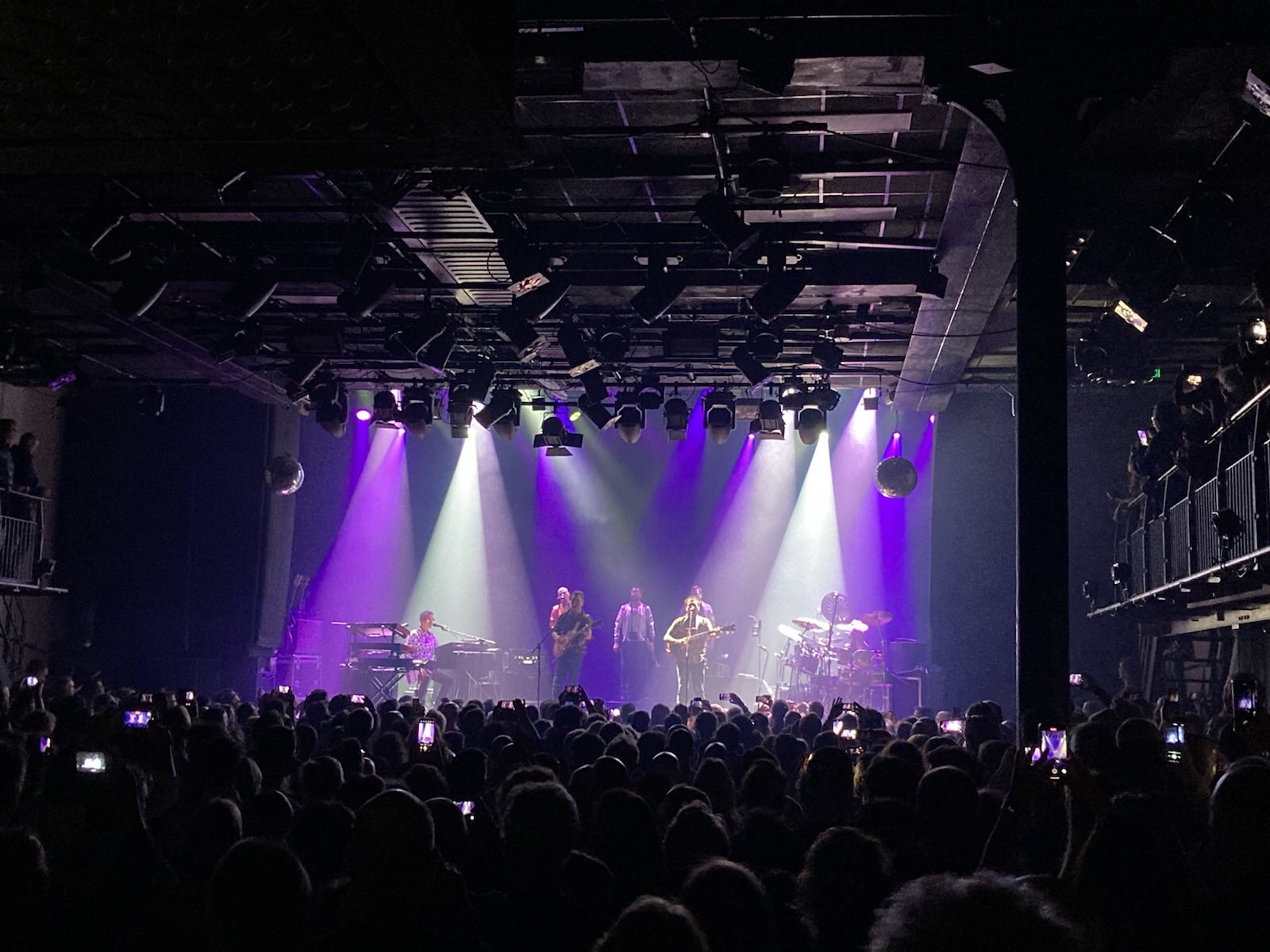
What were your most memorable experiences in Amsterdam?
The housing situation is rather difficult in the Netherlands. I found accommodations a bit outside of Amsterdam, in the small city of Haarlem. In my shared flat there, I slept on a mattress in the living room, and although I had had a lot of previous experience with shared flats and got along with the people there well, that living situation didn’t really work for me. On Facebook, I then found a flat in Amsterdam that, while it cost 700 euros a month, was worth it for me. The flat was large, clean, and located near the conservatory, and I also had a roommate who was interested in music.
The first week at the conservatory was very memorable. It was an initiation week for first-year students with workshops. In one workshop, for example, we were given the task of writing a song within only a few hours and then “pitching” it to professional artists so that they would include it in their repertoire. I was very impressed with the quality of the first-year students. And I was equally impressed with my bass teacher and the courses offerings. What most impressed me was how teachers in English-language courses were able to explain even complex material such as music technology in a comprehensible way.
A special experience was a jointly organised discussion panel with students from the master’s degree programme and live music, which was live streamed. Despite an early curfew at that time due to the pandemic, we were able to hold the event. I particularly enjoyed being there live, especially since there was a lockdown in Austria right then.
I also took a number of courses in writing lyrics. To conclude the class, in January we performed two songs that we wrote during the semester. This led me to discover a new artistic side of myself: I wrote my songs in my native dialect. I never would have thought I would perform songs in Styrian dialect in Holland. People really liked it, although they didn’t understand the lyrics. But really, it’s all about the expression.
In your opinion, what can a stay abroad like this release in someone?
An Erasmus semester abroad is a change of scenery: in a new environment where no one knows you, you can reinvent yourself and attempt a kind of restart. What is interesting about the development you go through as part of an Erasmus semester is the many new influences you are subject to and how they impact you. I was already familiar with Holland, but even this time, I discovered new things about myself, like the songwriting I mentioned before, or dealing with the technical aspects of music production. Prior to my stay in Amsterdam, I had been a bit hesitant about engaging with the area of technology. But the music technology classes helped me to gradually lose this fear, and now I’m better able to put this knowledge to use. And of course, having new teachers means getting different feedback and gaining new perspectives.
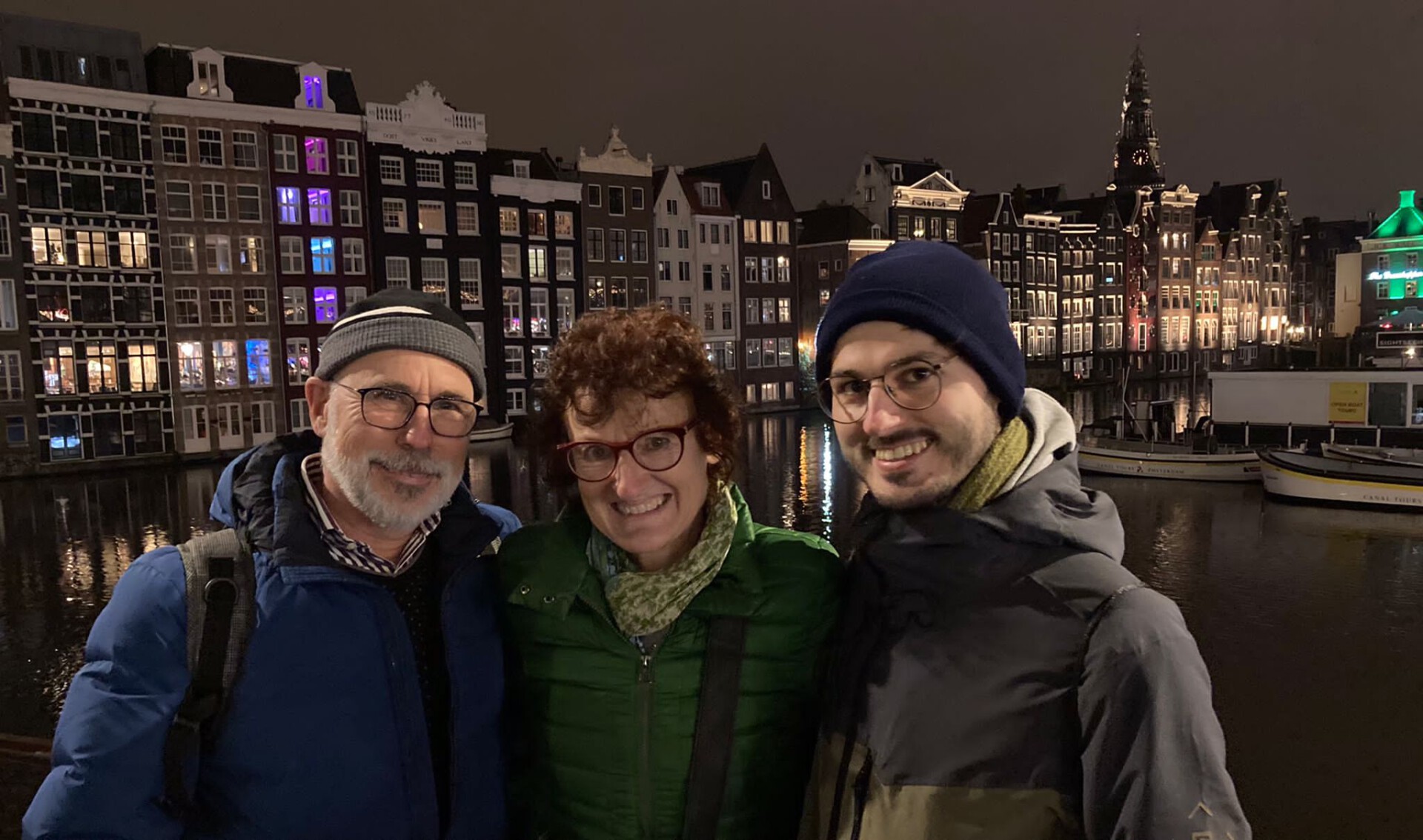
You have now taken advantage of Erasmus Mobility twice. What can one learn on a personal level from this kind of study abroad programme?
Getting oriented in a new country is a process, and what you gain in particular is self-confidence, because at the beginning you need information and support, and you can’t be shy about asking for this. In terms of one’s artistic personality, it broadens your horizons: my first stay abroad was a good continuation of the beginning of my studies at the mdw and an important influence for my musical career. I became aware of new aspects that I want to concentrate on in my creative musical work. This changes you a lot as an artist. On a personal level, you make new contacts during an Erasmus study programme and learn to be independent: you learn about different living situations, for example, and have to organise your new daily life on your own.
Who would you recommend a semester at the Conservatorium van Amsterdam to?
I was only in the Pop Department and can only speak about that. The focus on pop music was important for me. If students haven’t yet found their focus, I would probably recommend a department with a broader orientation. I chose this path for myself as well: during my stay in Arnhem in the Jazz & Pop Department, I was able to find out where I wanted to deepen my knowledge, and then as the next logical step, I went to the Pop Department in Amsterdam.
My general impression was that at the conservatories I attended in the Netherlands, artistic creativity and the independent pursuit of projects on the part of the students was strongly supported, even in the BA programme. I also noticed that the “artsy” appearance of the students there greatly reflected their artistic personality. These impressions triggered something in me. I drew a great deal of inspiration and motivation there for my artistic work, which was also a major reason for me to study abroad. And in general, I can recommend an Erasmus semester to anyone who needs a change of surroundings.
Paul plays in a band, have a listen to AKADIA
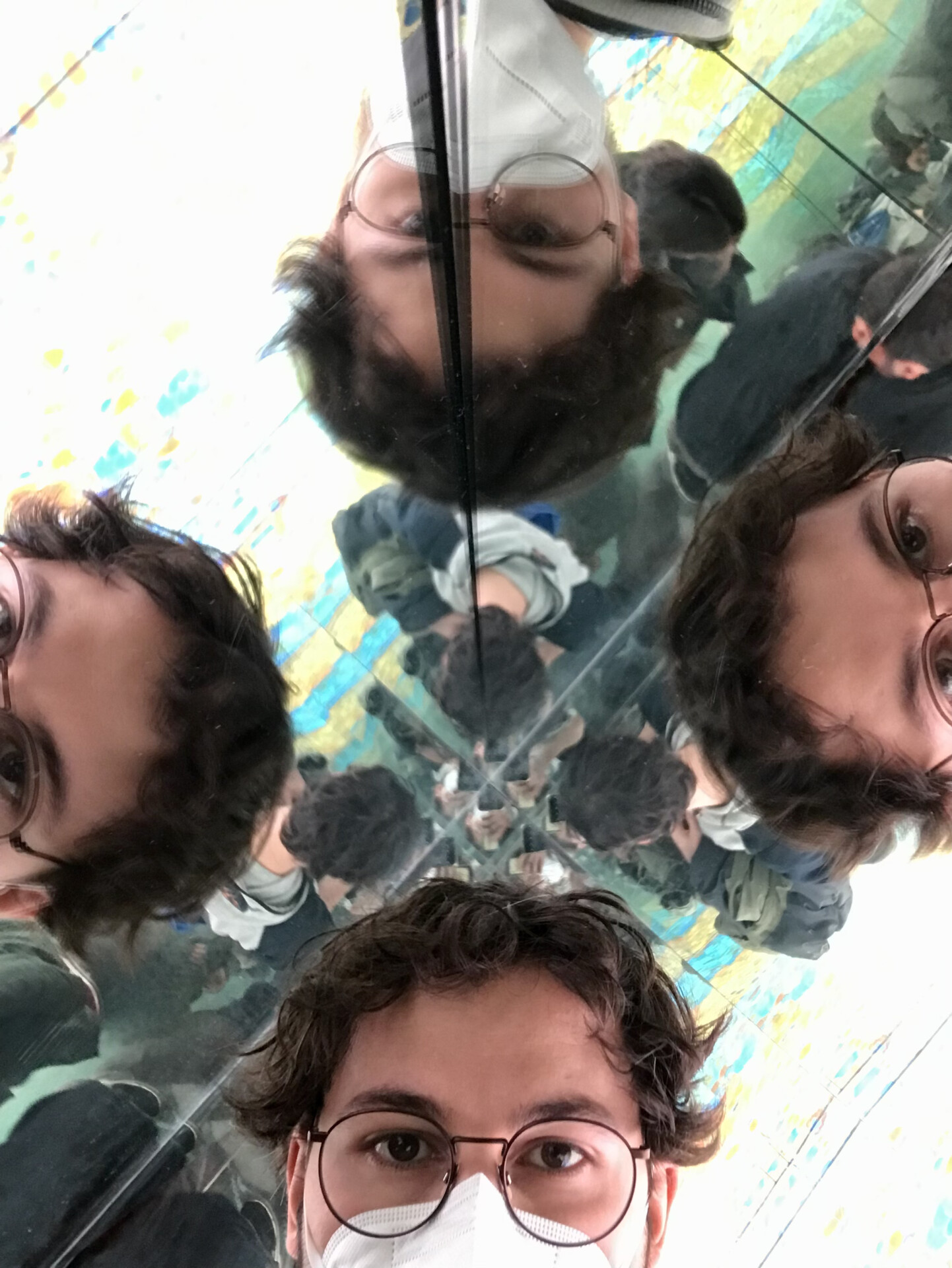
Are you a mdw student and interested in spending a semester or year at one of our partner institutions?

